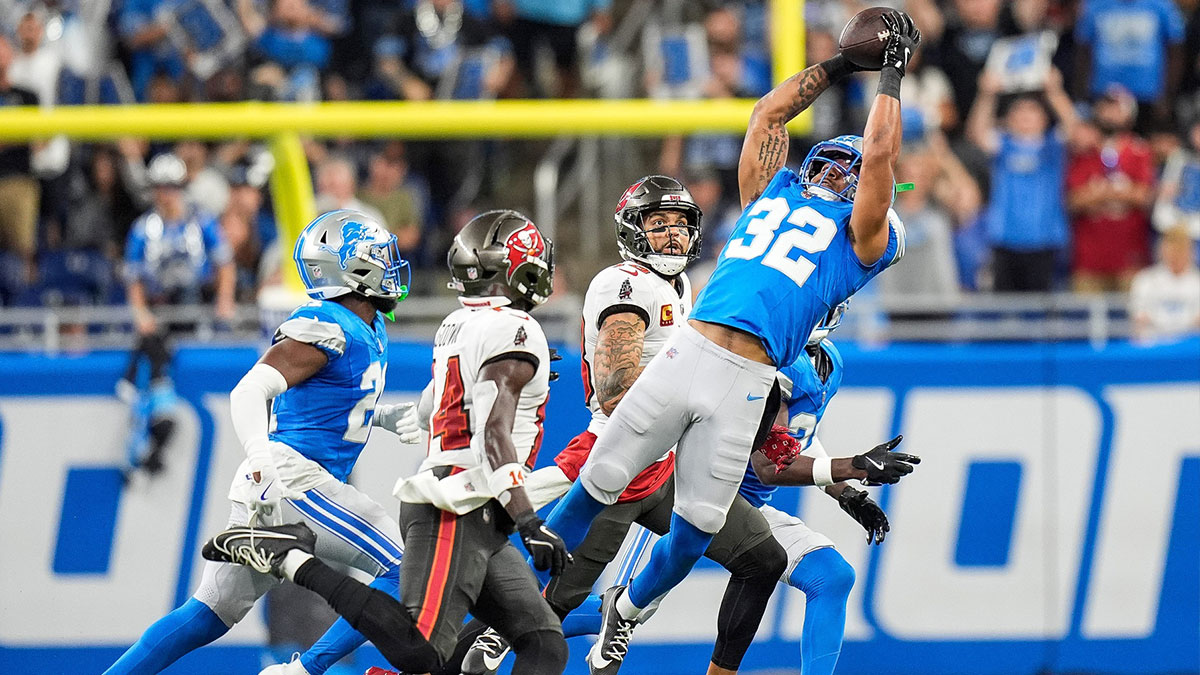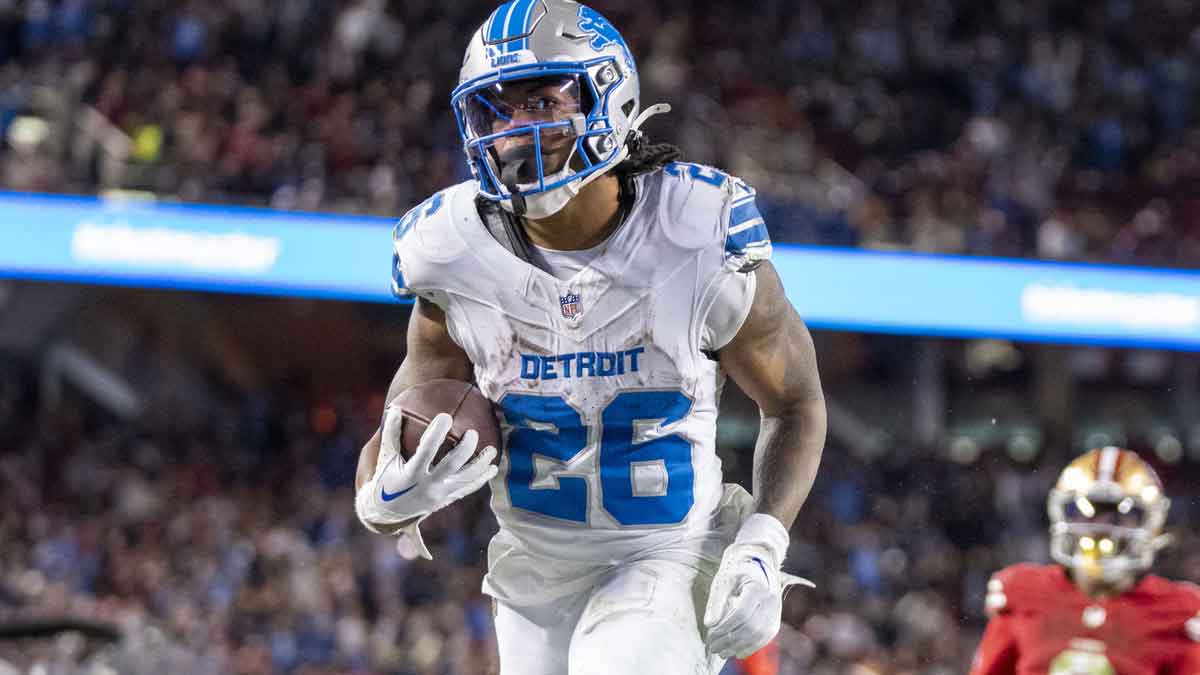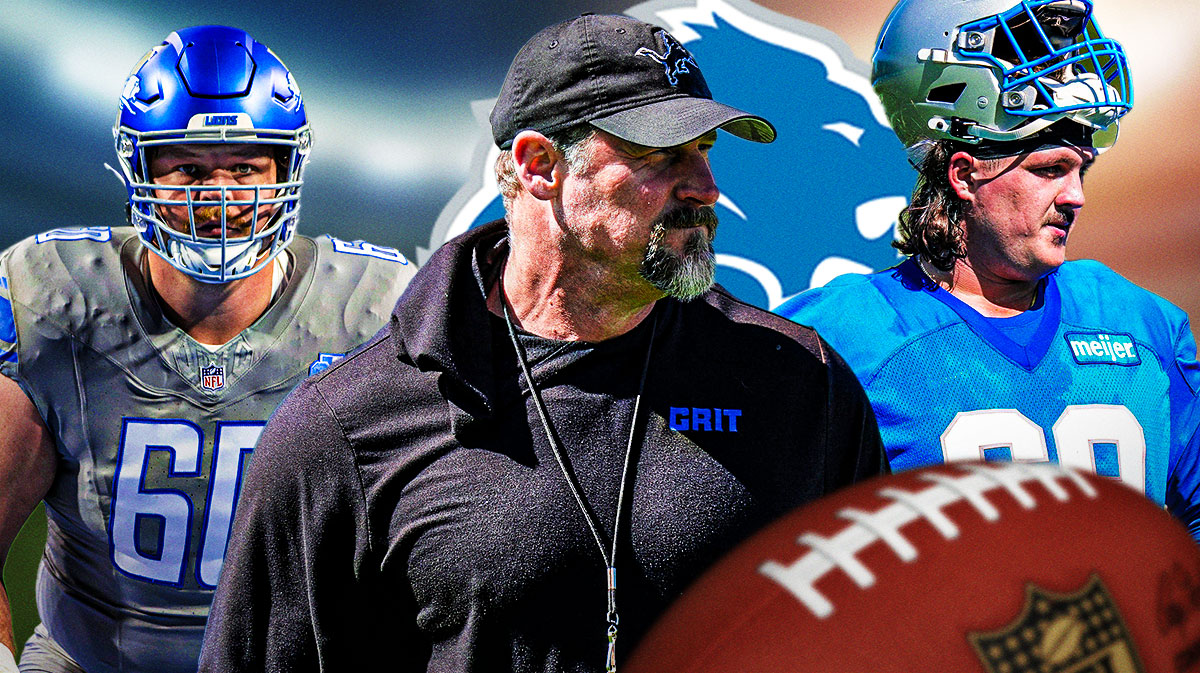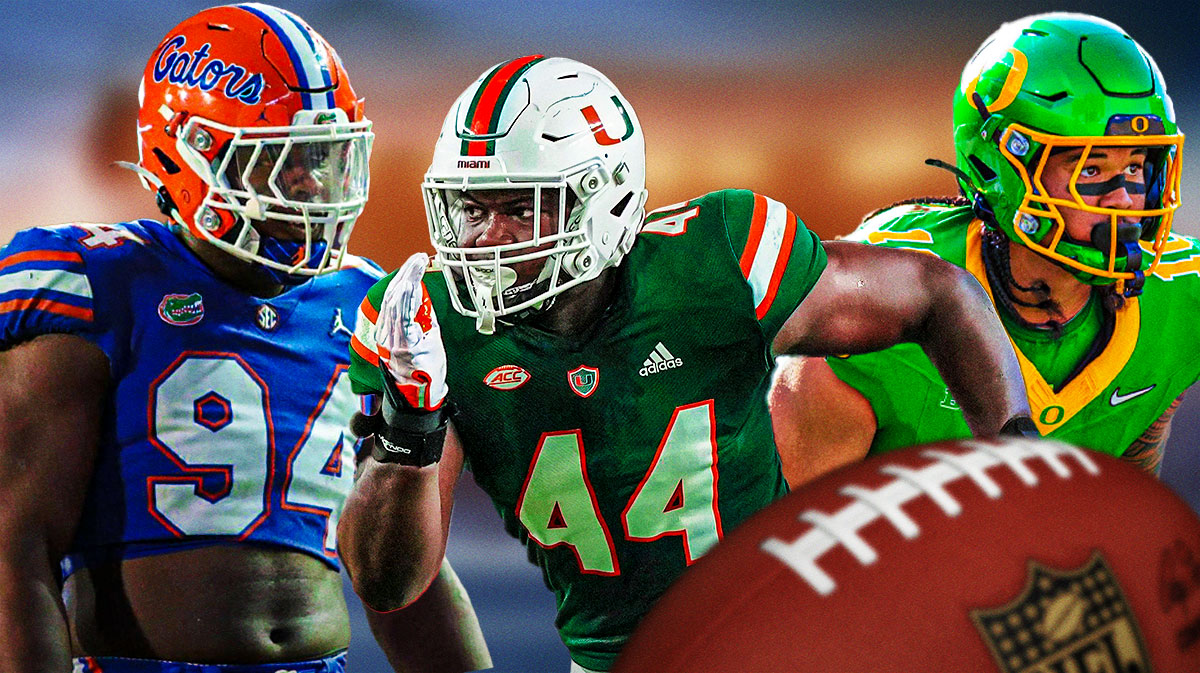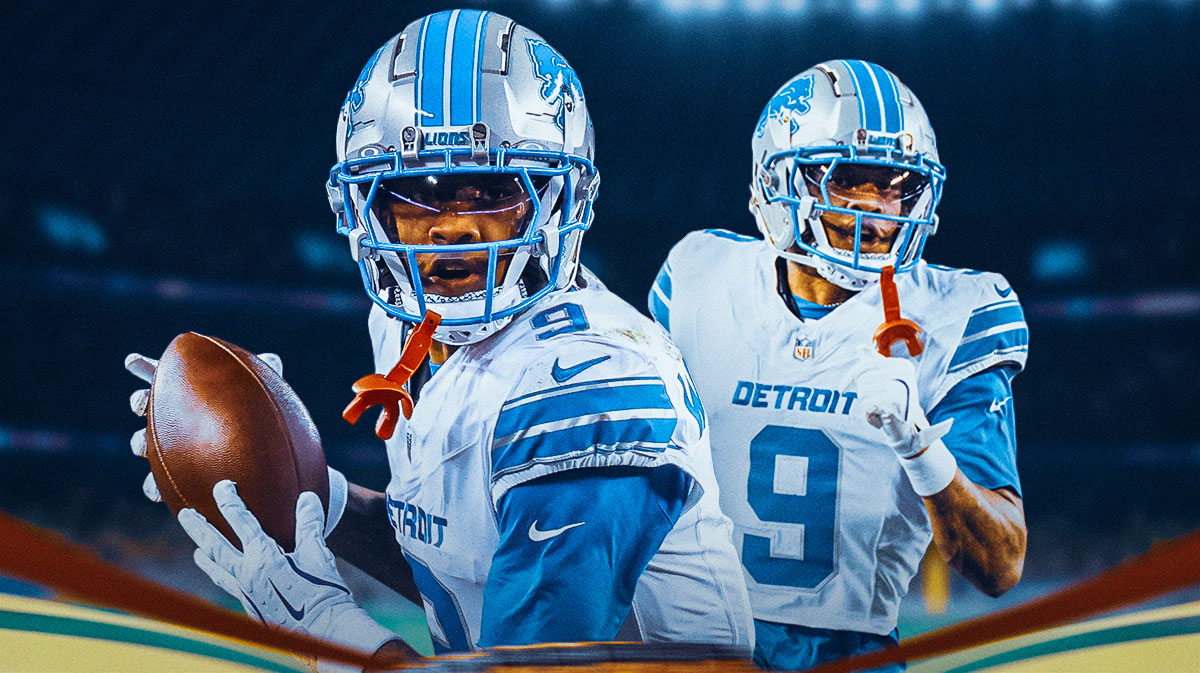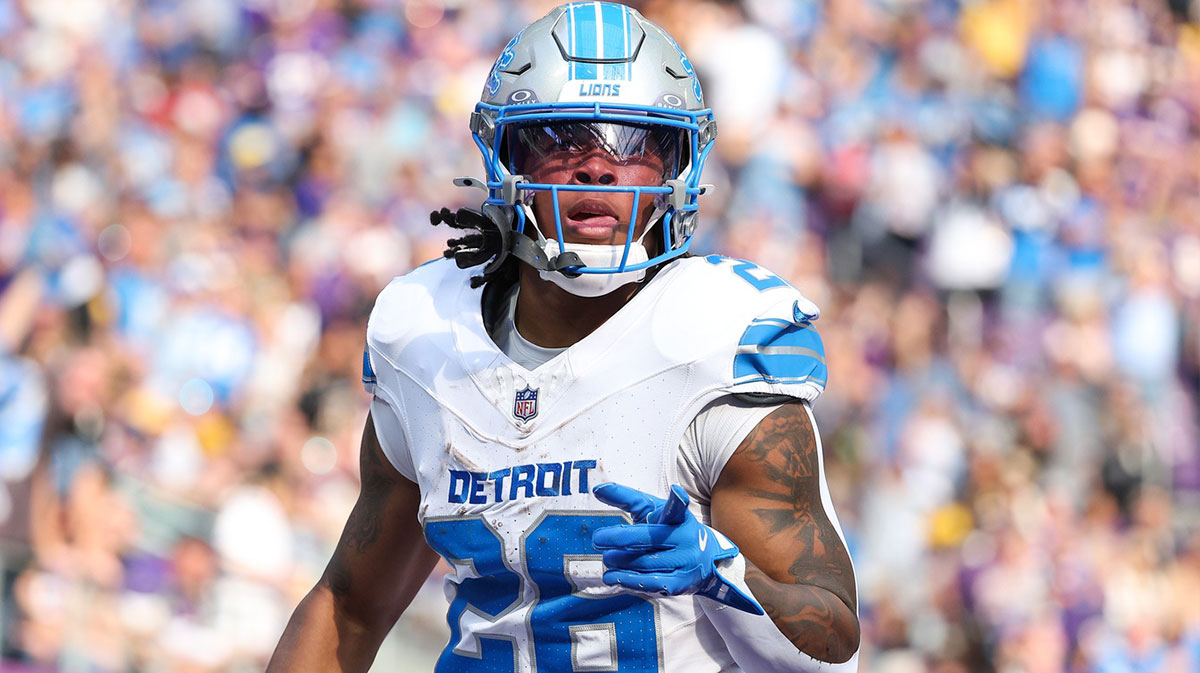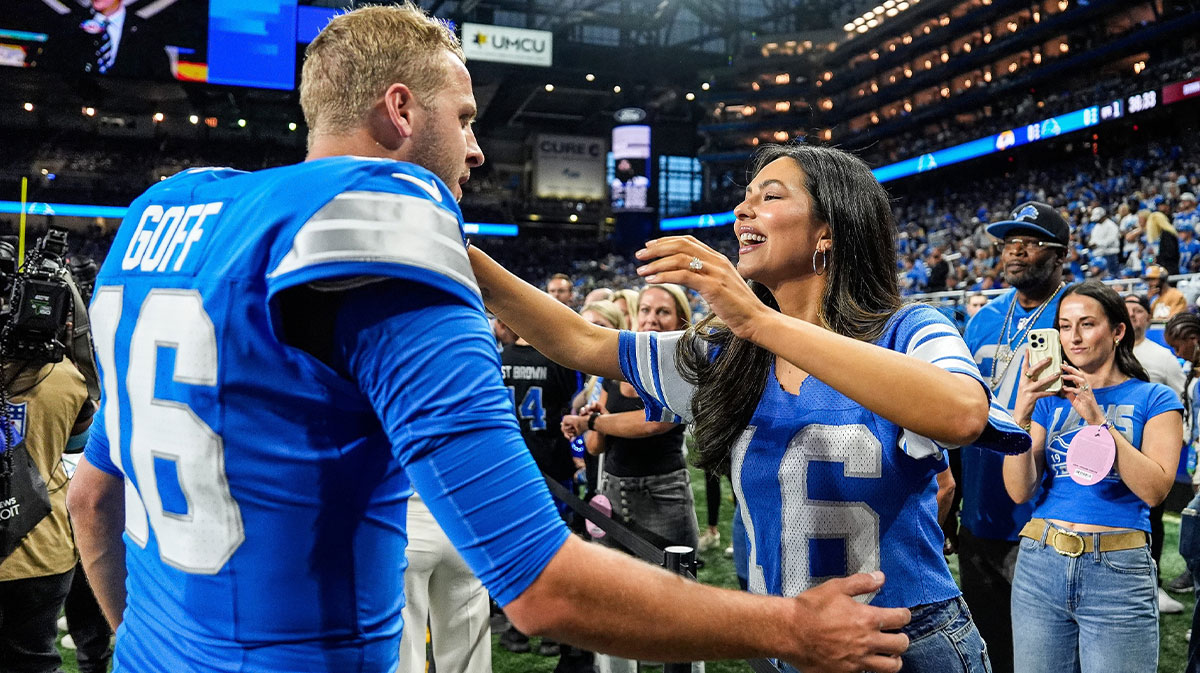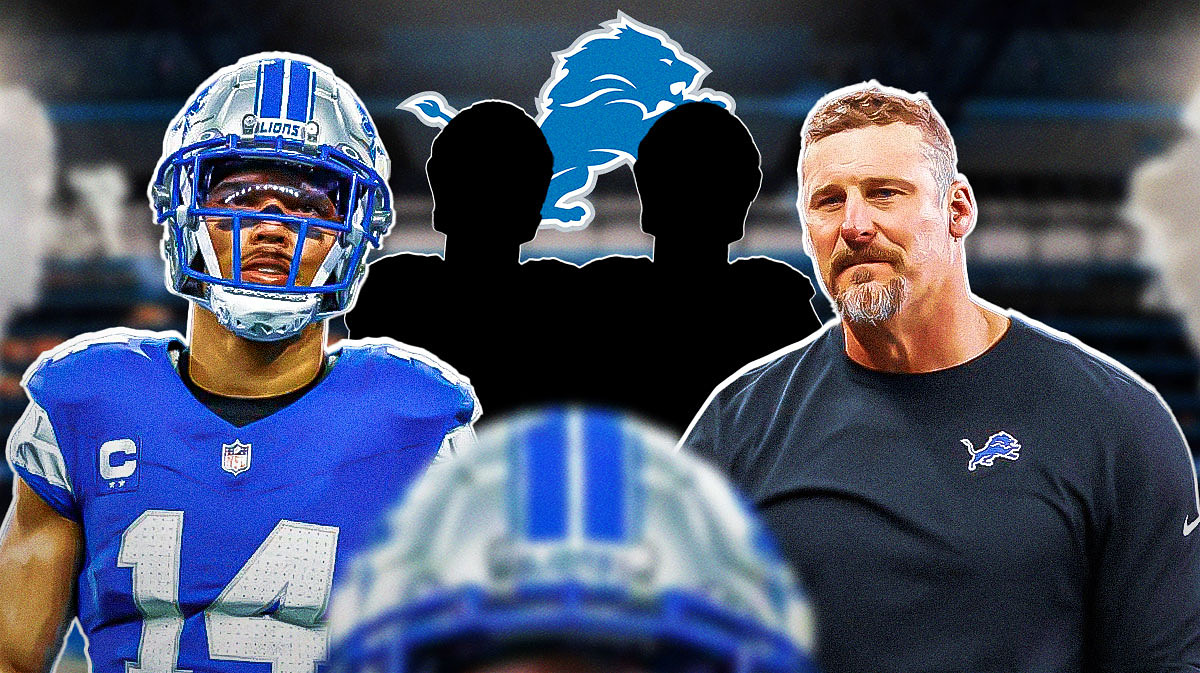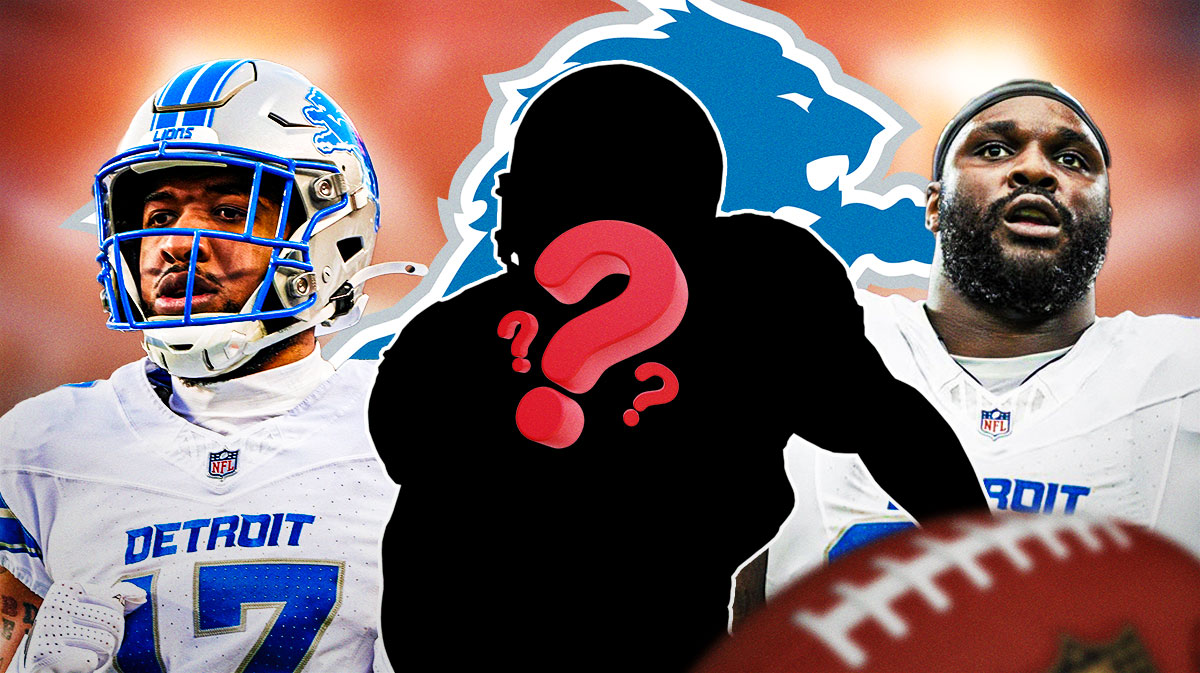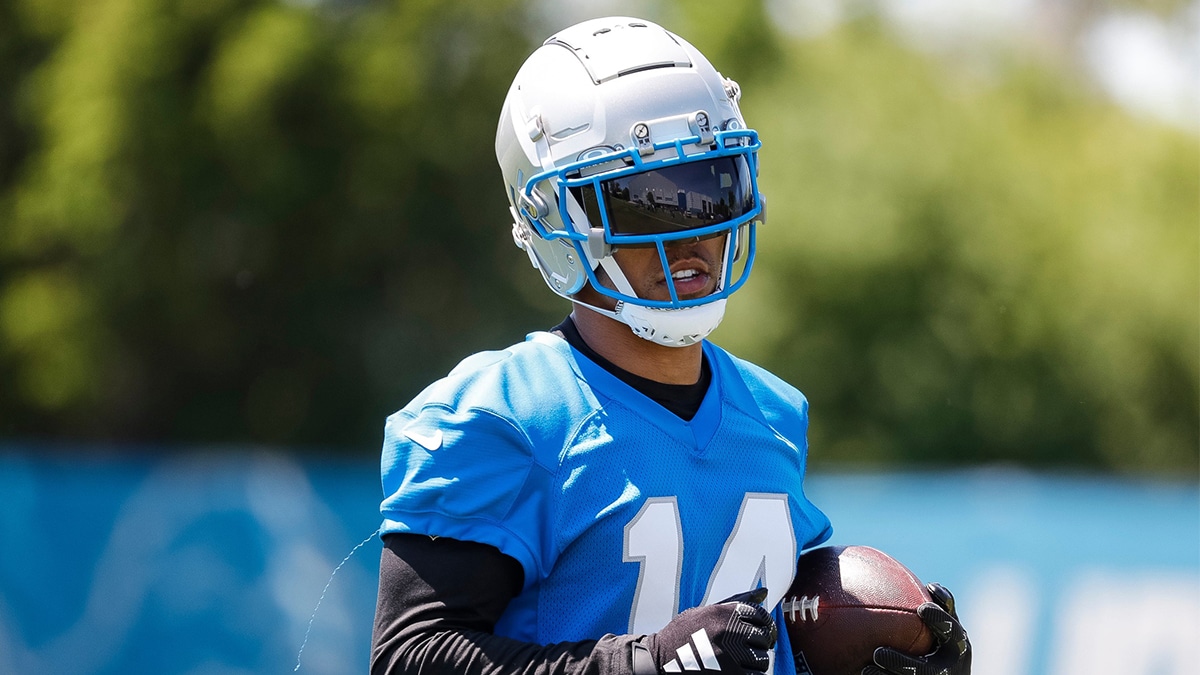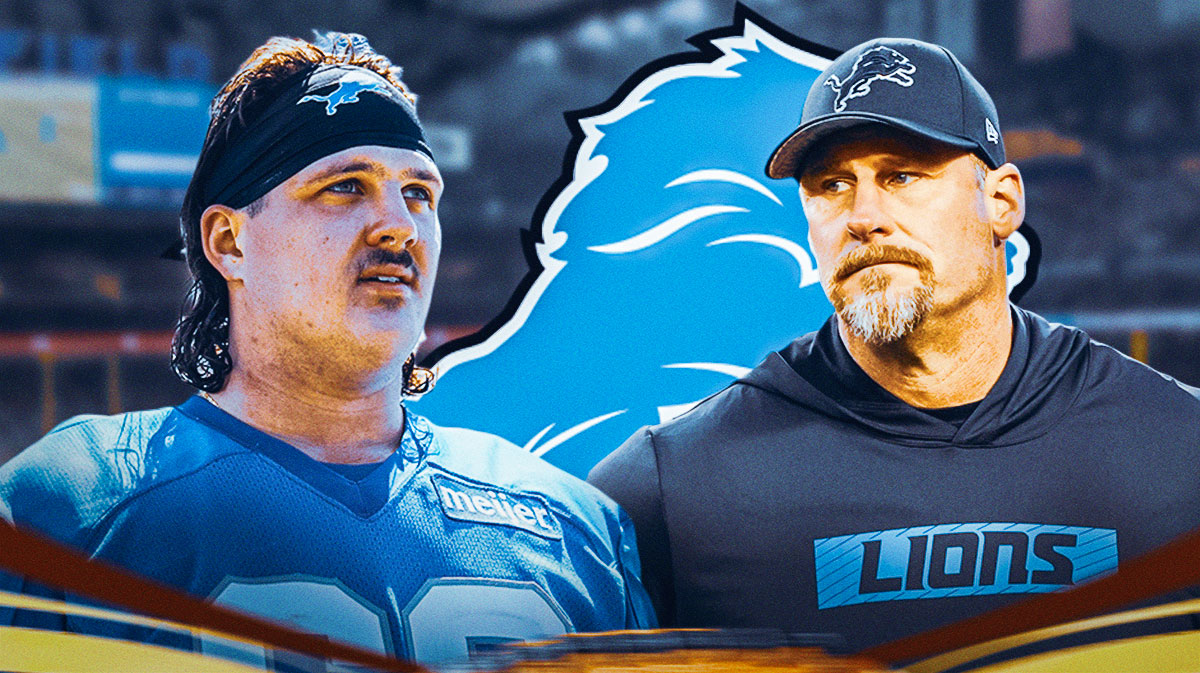The phrase “Detroit Lions can't run the ball” has been used, abused, but not misused. From 2014 to 2017, the Lions ranked in the bottom-five in total rushing yards each year. In that same four-season span, their rushing attack averaged 1,322 yards per season — for context, that number would rank last in the NFL during a pass-happy 2018 season.
But, in 2018, under Matt Patricia, the Lions saw an uptick in rushing production. His team ran for 1,660 yards and 11 touchdowns on an average of 4.1 yards per carry. However, this was expected, Patricia isn't the innovative offensive-minded head coach NFL franchises are desperately looking for. His philosophy, on both sides of the line, stems from balance, versatility, and hard-nosed play in the trenches.
The firing of offensive coordinator Jim Bob Cooter and his replacement Darrell Bevell extenuate that statement. Cooter, a more aggressive, pass-happy coach failed to reach Patricia's plan for balance during their one-year work relationship. In '18, under Cooter, the Lions passed during 60.35% of their plays and ran for 39.65%.
Under the newly hired Darrell Bevell, we should see a more balanced offense. If anything, he'll likely call a run more than a pass. In an article on the Detroit Free Press, Minnesota Vikings' general manager Rick Speilman analyzed the Lions' intent with Bevell pertaining to their pass-run percentages. He said:
“I think they want to be Seattle with the mindset. — I think coming into last week’s game, Seattle’s offense was divided by 57% running plays, 43% passing plays. I think that’s the formula that they want. I’m not saying 57%, but I do think that’s kind of what they’re building.”

Spielman isn't wrong. Bevell, in his 12 years as an offensive coordinator has relied upon the run-game, specifically, zone running scheme with a lead-blocker. During Bevell's five-year stint with the Vikings as an offensive coordinator, his offenses were top-ten in rush percentage four times, and top-five twice. In his seven-year stint with Seattle, he led a top-five top-five ranked unit four times, including a number one ranked rush attack through 2012-13.
The results of Bevell's run-heavy attacks have been historically good. His career averages in rushing attempts, yards, touchdowns, and yards per carry in a season go as follows: 474, 2, 119, 15, and 4.6. Each of these rushing metrics would rank in the top ten in '18.
Bevell's ascent in rushing productivity and efficiency in the “golden age of passing” can be partially credited to his outstanding running backs, Adrian Peterson and Marshawn Lynch. But a large part of his success does come from his zone-heavy running scheme with efficient power-blocking looks. It should also be noted that his rushing attacks do tend to do best when they have a big-armed quarterback to spread the field, luckily, he has just that in Detroit: Matthew Stafford.

The quarterback position isn't the only favorable one for Bevell's rushing offense. The OC should be thrilled to have offensive linemen Taylor Decker, Frank Ragnow, Graham Glasgow, and Ricky Wagner at his disposal. The four averaged a Pro Football Focus grade of 68.2 in '18, which would put them in the above average category.
Bevell's fingerprints are already all over the Lions' offensive line. He's moving Ragnow, their 2017 first-round pick, to center — his natural position. This move should allow Glasgow to kick out to a more comfortable guard position. The culmination of these moves and four previously mentioned players is a fleet-footed, run-mauling group that should do their best work in a zone blocking scheme.
In addition to their offensive line, the Lions have gifted him the tight ends and full backs to help his scheme blossom. No. 8 overall pick T.J. Hockenson is one of the most complete blockers at tight end to ever enter an NFL Draft. Free agency addition Jesse James is a versatile chess piece at tight end that will bring hard-nosed blocking to the table. 2018 seventh-round pick and full back Nick Bawden proved his worth as a blocker and showed flashes similar to Patriots' Mike Develin in his rookie year.

But, his scheme won't work without talent at running back. But he won't be lacking that in Detroit. Expect him to reap the benefits of coaching a gazelle, a bowling ball, and a do-it-all in '19 — specifically, Kerryon Johnson, C.J. Anderson, and Zach Zenner. The trio, despite the silly nicknames given to them by yours truly, should be taken seriously.
Kerryon Johnson, AKA the “gazelle” should be the lead back in Detroit. He's an ideal ball-carrier in a zone running scheme as he boasts good speed (4.54 40-time), elusiveness, and power to make an impact. Per Pro Football Focus, Johnson picked up 3.32 yards after contact in his rookie season. But what stands out most, is his fluidity and patience in the backfield.
https://twitter.com/averydduncan/status/1132824367942049792
Johnson's Le'Veon Bell-esque running style led to immediate success in Detroit. As a rookie, the back led the team in rushing yards with 641 yards and in yards per carry with 5.6, he also came in second in touchdowns with three. But the Auburn product isn't the only notable name in Detroit's backfield. After an outstanding series of playoff performances, C.J. Anderson joins the team and is expected to get significant touches.
Anderson is famously best described as a bowling ball. For the Los Angeles Rams in the 2019 NFL playoffs, the 5-foot-8, 225-pound back gave the team the power-rushing they desperately needed after Todd Gurley's injury. In his five appearances with the Rams, Anderson tallied 488 yards and three touchdowns on a 5.5 YPC average.
Anderson will likely be the relief back for Johnson in Detroit, but the depth doesn't end there. Former UDFA South Dakota State star Zach Zenner has come into his own as a do-it-all back since his 2015 arrival in the motor city. He ended the '19 season on a good note, impressing in all facets of the game. In just eight games, the back received 62 touches and turned it into 321 yards and three touchdowns.
The Lions do have some other intriguing pieces in the backfield, including pass-catcher Theo Riddick and rookie Ty Johnson. But, for the most part, you can expect Bevell to use the previously mentioned trio in his rush attack. If you account for Bevell's prior success and the Lions' roster-build, the three should all have productive seasons in Detroit next year.

